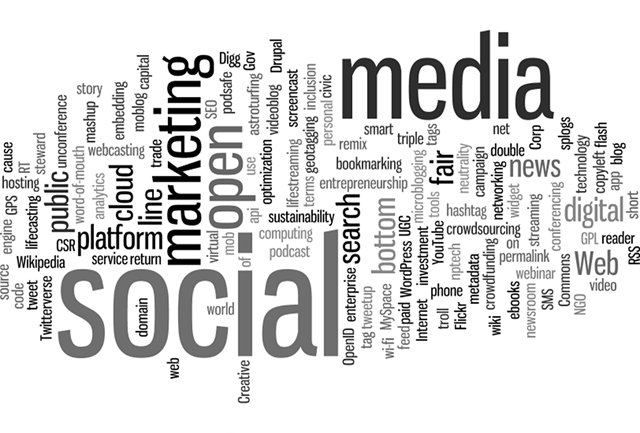Latest Trends in Digital Marketing
In the ever-evolving landscape of digital marketing, staying ahead of the curve is paramount. As we step into a new era, marked by technological advancements and changing consumer behaviors, it’s crucial for businesses to adapt their strategies to the latest trends in the digital realm. Let’s explore some of the cutting-edge trends shaping the future of digital marketing.
1. Voice Search Optimization: The Rise of Conversational SEO
Voice search has transformed the way users interact with search engines. With the increasing popularity of virtual assistants like Siri and Alexa, optimizing for voice search has become a necessity. Long-tail keywords and natural language processing are key components in ensuring your content is voice-search-friendly. As users seek more conversational and personalized interactions, businesses must adapt their SEO strategies accordingly.
2. AI and Machine Learning Integration: Smart Marketing
Artificial Intelligence (AI) and Machine Learning (ML) are no longer futuristic concepts; they are reshaping digital marketing strategies today. From chatbots offering personalized customer interactions to predictive analytics optimizing ad targeting, AI and ML are revolutionizing how marketers engage with their audience. Embracing these technologies can enhance efficiency, analyze vast datasets, and provide valuable insights to drive informed decision-making.
3. Video Marketing Dominance: Beyond the Click
Video content continues to reign supreme in the digital realm. Short-form videos on platforms like TikTok and Instagram Reels are capturing user attention, while live streaming fosters real-time engagement. Additionally, the rise of interactive videos and shoppable content is transforming the passive viewer into an active participant. Integrating video into your marketing strategy is no longer an option but a necessity.
4. Privacy-First Marketing: Navigating the Post-Cookie Era
With increasing concerns about user privacy, major browsers are phasing out third-party cookies. This shift towards a more privacy-focused digital ecosystem requires marketers to rethink their tracking and targeting methods. Embracing first-party data, implementing consent-based marketing, and exploring alternative tracking technologies are crucial steps in navigating the post-cookie era without compromising on personalization.
5. Social Media Ephemeral Content: FOMO Marketing
The ephemeral nature of content on platforms like Snapchat and Instagram Stories has created a sense of urgency and exclusivity. Marketers are leveraging FOMO (Fear of Missing Out) to drive engagement and boost brand awareness. Crafting compelling, time-sensitive content that aligns with your brand narrative can capitalize on this trend, creating a sense of immediacy and connection with your audience.
6. Augmented Reality (AR) in Marketing: Bridging the Virtual and Physical
Augmented Reality is breaking barriers between the virtual and physical worlds, offering immersive experiences for users. From virtual try-ons in the retail sector to interactive AR ads, businesses can leverage this technology to provide unique and memorable experiences. Integrating AR into your marketing strategy can enhance customer engagement and set your brand apart in a crowded digital space.
Conclusion:
As we embrace the latest trends in digital marketing, it’s essential for businesses to remain agile and adaptive. Voice search optimization, AI integration, video dominance, privacy-first marketing, ephemeral content strategies, and augmented reality are just a glimpse into the exciting future of digital marketing. By staying informed and embracing these trends, businesses can position themselves at the forefront of innovation, fostering meaningful connections with their audience in the digital landscape of tomorrow.

